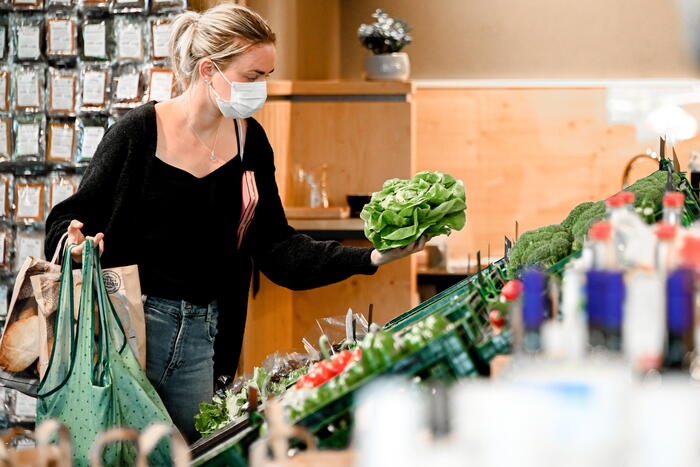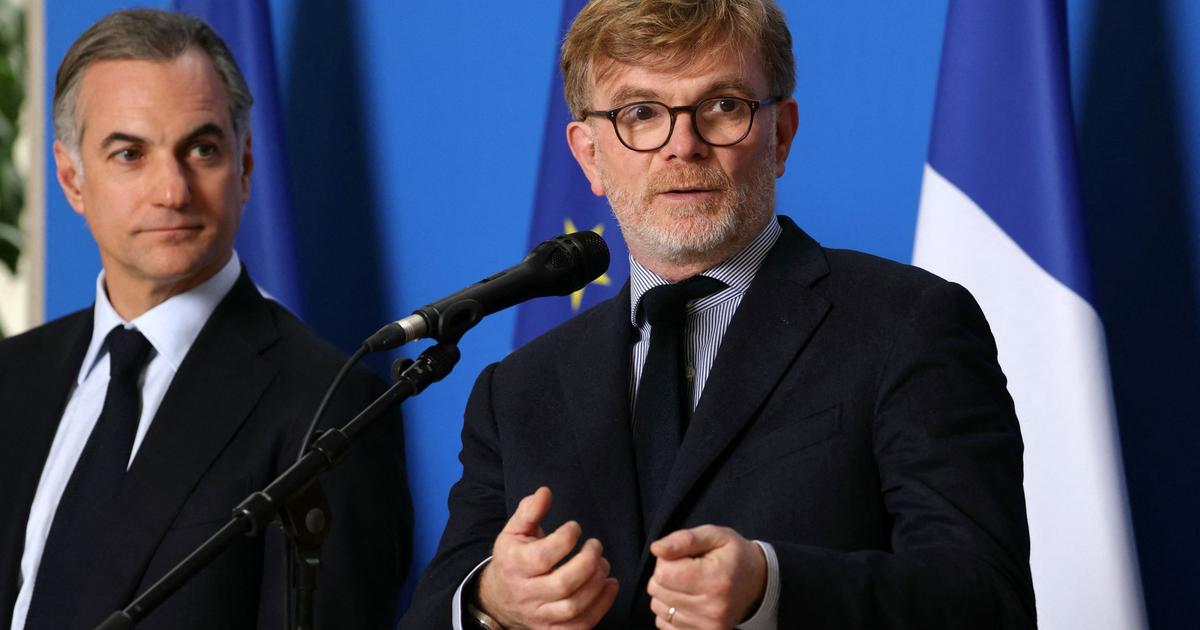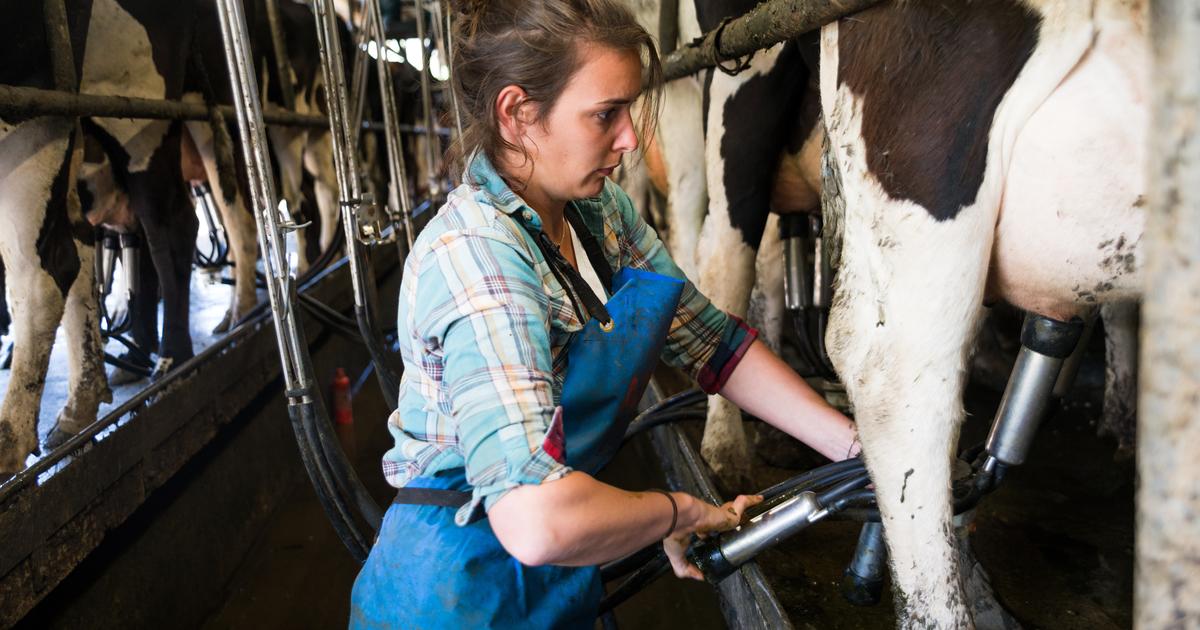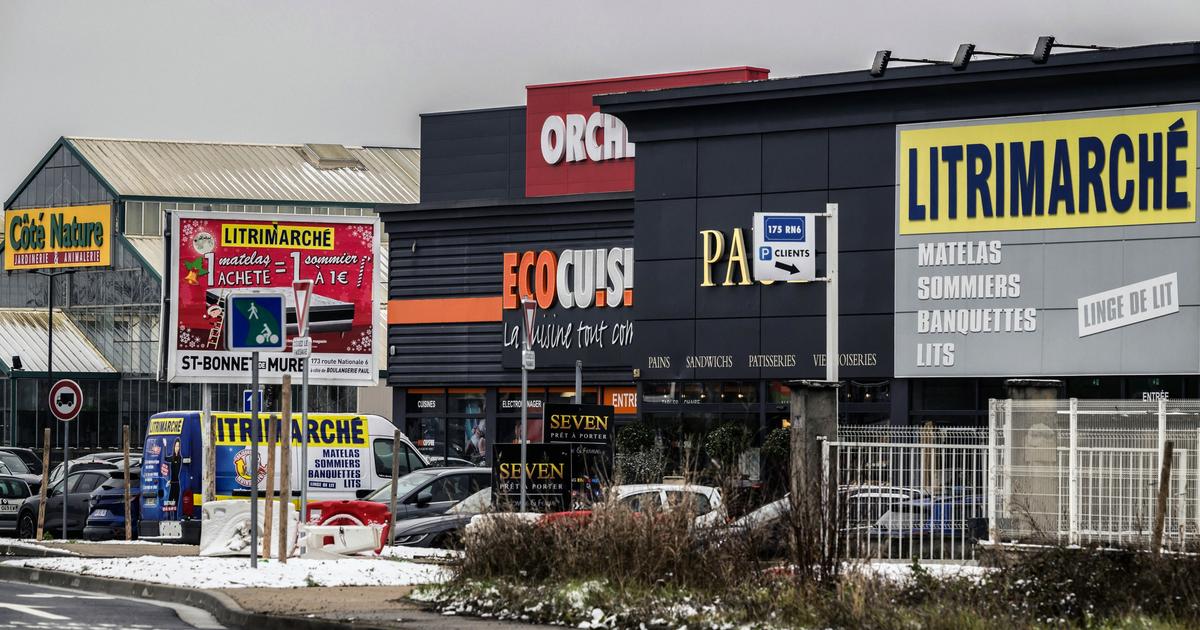The government's announcements were eagerly awaited by organic producers, who were often discouraged. The Minister of Agriculture, Marc Fesneau, announced on Wednesday that a "crisis envelope" of 60 million euros would be released to help them through an unprecedented period of difficulties with a supply that exceeds demand.
To stimulate purchases, the minister has committed to ensuring that canteens under the responsibility of the State (ministries, prisons, armies) reach the objective of 20% organic in their menus by the end of the year: "We will start by setting an example ourselves," he said from a farm in the Oise.
The Food Law (or Egalim, 2018) had set for 2022 the principle of a minimum of 20% organic in the menus of collective catering (school canteens, hospitals). But "we have not put the means" financial to do so, according to a source at the ministry. The share of organic is capped at around 6%.
A consequence of inflation
The organic market began to turn around in 2021 after years of double-digit growth, which had boosted conversions to this agriculture without pesticides or fertilizers from synthetic chemistry.
But consumers, drained by inflation (+ 15% over one year in April for food), are turning away from organic in favor of cheaper alternatives. Last year, announced Wednesday that a "crisis envelope" of 60 million euros would be released to help them through an unprecedented period of difficulties with supply that exceeds demand.
" READ ALSO These consumers who can no longer afford to eat organic: "It is still excessively expensive"
A first "emergency aid" to organic farmers, of ten million euros, was recorded at the Salon de l'agriculture, at the end of February. The sum, presented by Prime Minister Elisabeth Borne to agricultural professionals during a closed session, had been deemed "anecdotal" or even "contemptuous" by organizations.
Barely elected president of the majority agricultural union FNSEA, Arnaud Rousseau called in mid-April for a "massive plan", of "50 to 100 million euros", for organic producers who "are going through an unprecedented crisis". The Court of Auditors had estimated in June 2022 that "the policy of support for organic farming led by the Ministry of Agriculture (has) ambitious objectives, without allocation of sufficient resources".
"Brake" on farm conversions
In 2022, 5,245 new organic producers were identified, compared to 7,706 in 2021, according to the Agence bio. At the same time, 3,380 organic outputs were counted, compared to 2,510 in 2021. The balance between entrants and exits "still remains positive but reflects a real brake in the dynamics of conversions," noted the agency in April. In 2019, organic agricultural land had jumped by 25%.
She regretted that "all too often producers wanting to switch to organic farming in 2022 have found themselves held back by market players arguing that the market was no longer there to welcome them, due to a lack of consumer demand".















